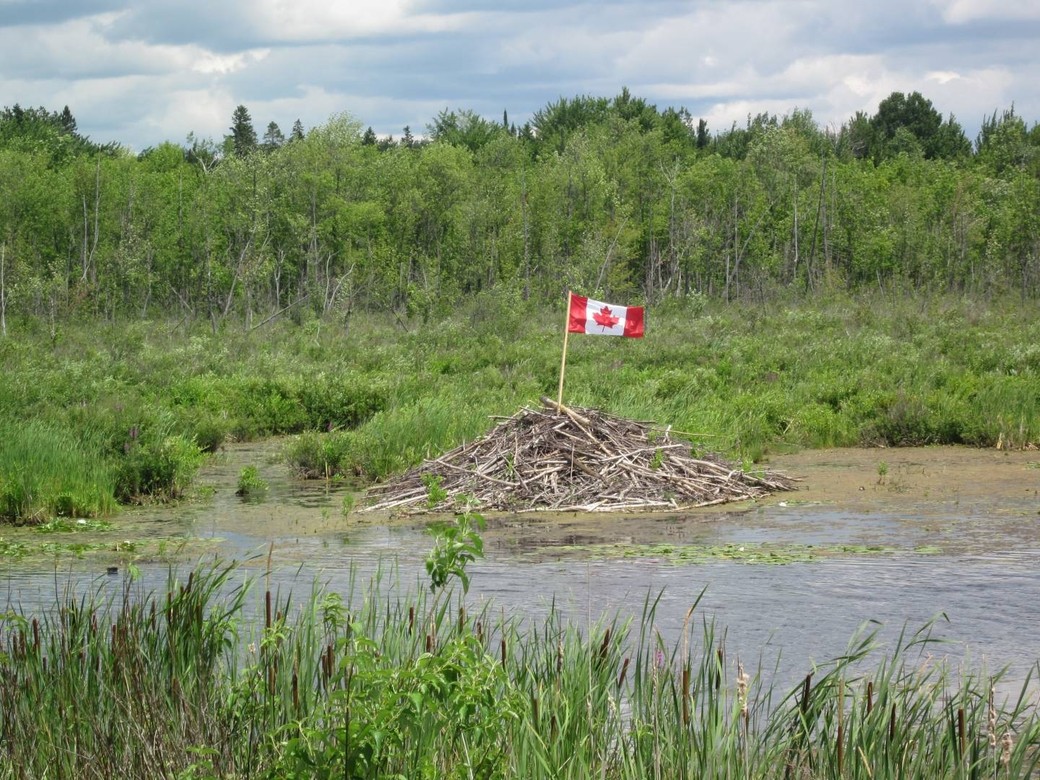
Ottawa – A Deadly Place for Wildlife
Given that the City’s Official Plan lists Ottawa as “A Green and Environmentally-Sensitive City,” you would be forgiven for wondering why City Council has such a terrible track record in how it treats wildlife.
Certainly this record is at odds with how people in Ottawa view the protection of green space and wildlife. The public’s frustration in demanding more progressive outcomes has been demonstrated in hundreds of letters to Mayor Watson and councillors over a variety of wildlife issues.
Most recently the tragic death of an Ottawa motorist killed in a freak accident when a deer that had been hurled into the air by a second vehicle hit his car might have been avoided had the City’s award-winning ‘Speeding Costs You Deerly’ education campaign still been in place. Sadly, it appears to have been discontinued.
Then there was the elk that was shot by police this fall when it wandered into town via the transitway or the Ottawa river corridor. There is no question that large species such as elk or moose that turn up in a city pose a challenge. However, there should not have been such a predictable outcome in the death of this elk. Predictable because of the negative history of how the City of Ottawa has dealt with large wild mammals in the past and the fact that it still hasn’t developed a better plan.
A better plan would have involved monitoring the situation until nightfall to give this nocturnal animal the opportunity to escape via the route it had come or was following. These animals don’t arrive by helicopter. They regularly use the many natural linkages such as hydro right-of-ways, transitways, Greenbelt and river corridors. Many are not seen because they travel by night. The elk was contained and docile. It was not posing any immediate threat. By allowing people to gather and having police press in closer with guns ready, not only did it understandably agitate the animal but it created the expectation and time pressure for an action to be taken. And, as other incidents have proven in Ottawa, too often that action is lethal for the animal.
Community organizations were told that the City has a Large Wild Mammal Emergency Response protocol that includes a Wildlife Service Provider on contract who is trained and equipped and on call 24/7. Yet, requests have not produced any information about who the Wildlife Service Provider is, their qualifications or even the terms of their contract. Why all the secrecy for something that is funded out of the public purse?
Ottawa, with its abundance of green space should be able to do at least as well as Banff which regularly manages incidents with elk in a way that doesn’t involve shooting them. Or, in Edmonton where, in three separate incidents of moose appearing in the City on the same day this past summer, not one resulted in a dead animal.
Ottawa has become known as the most wildlife unfriendly city in Canada. Even the iconic Canadian beaver is not safe here. In spite of the growing awareness that beavers are a critical keystone species in our environment and fact that an increasing number of jurisdictions are adopting cost-effective technologies that allow us to coexist with this species, the City continues to trap and kill more than 150 beavers every year.
The City’s Wildlife Strategy was supposed to change all this. But, after three years of frustration, community groups like ours walked away because it was clear that the City of Ottawa, the National Capital Commission and the Ontario Ministry of Natural Resources were united in preferring to maintain the status quo in how wildlife like beavers, coyotes and large mammals are managed in this region, most often by bullets and traps.
Ottawa residents as well as people outside of this City expect better of a major city and the nation’s capital. In fact, Ottawa should be a leader in progressive environmental measures rather than responding to wildlife concerns like a 19th century backwater.
This being the start of a new year and an election one at that in Ottawa, it’s a good time to be requesting candidates running for office what they intend to do to ensure that “A Green and Environmentally-Sensitive City” is not just empty rhetoric.
Donna DuBreuil, Ottawa-Carleton Wildlife Centre
 respect for wildlife in the face of rapid development and habitat loss. It operates a wide range of community education programs and works closely with other environmental and animal protection organizations across North America to promote and protect biodiversity – www.wildlifeinfo.ca.
respect for wildlife in the face of rapid development and habitat loss. It operates a wide range of community education programs and works closely with other environmental and animal protection organizations across North America to promote and protect biodiversity – www.wildlifeinfo.ca.









